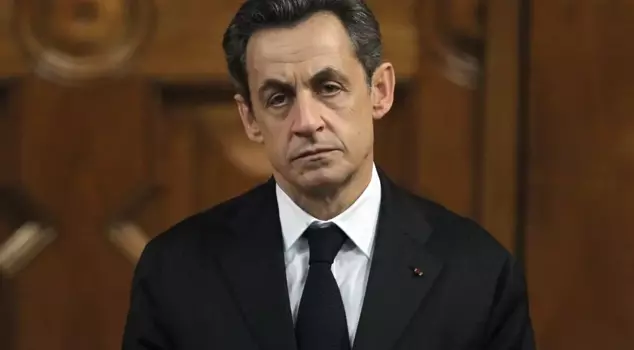
10.11.2025 20:14
A significant development has occurred regarding former French President Nicolas Sarkozy, who was sentenced to 5 years in prison for establishing a criminal organization in the "Libya case" and is currently incarcerated. The Paris Court of Appeal has decided to release Sarkozy, who entered prison on October 21, under judicial supervision.
```html
The French court has issued an early release decision for former President Nicolas Sarkozy.
WILL BE RELEASED FROM PRISON TODAY
According to French BFM TV, Sarkozy will be released from the prison in Paris today. However, the former leader will be subject to strict judicial control.
ENTERED PRISON ON OCTOBER 21
Sarkozy was sentenced to 5 years in prison for establishing a criminal organization in the "Libya case," where he was tried for four different crimes, including corruption. The 70-year-old right-wing politician, who entered prison on October 21, became the first leader in European Union countries to be imprisoned. Sarkozy was placed in a single cell measuring 9 square meters.
WHAT HAPPENED?
The Paris Criminal Court had issued its decision regarding Sarkozy in the Libya case, where he was tried for "concealing the embezzlement of public funds, passive corruption, illegal campaign financing, and establishing a criminal organization for the purpose of committing a crime" on September 25.
The court ruled that Sarkozy did not commit passive corruption, conceal the embezzlement of public funds, or engage in illegal campaign financing, but sentenced the former President to 5 years in prison for establishing a criminal organization. Although Sarkozy appealed the decision, it was confirmed that he would have to enter prison before the appeal process concluded due to the nature of the court's ruling.
It was alleged that Sarkozy, who served as President of France from 2007 to 2012, received illegal financial support from then-Libyan leader Muammar Gaddafi to run his presidential election campaign in 2007.
Following the allegations, an investigation was launched in 2013, and the judicial process, known to the public as the "Libya case," began.
```